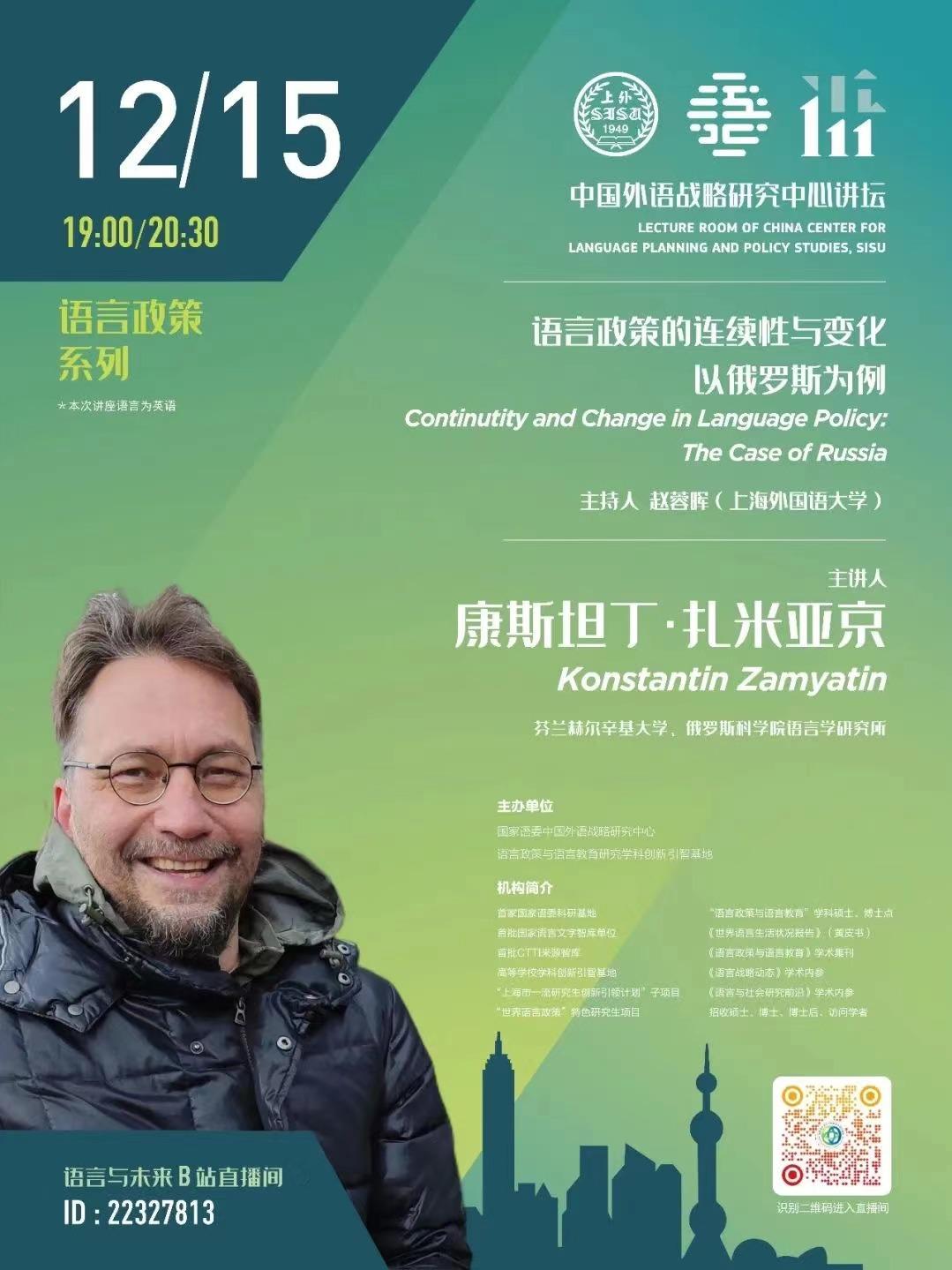
Language policy of a state is often formed and adopted as well pursued and perceived as a “zero-sum” game, when some actors advocate for the goal of language spread and some others for language maintenance. At the same time, the sides might reach a compromise to overcome the contradictions. Moreover, even when the formal goals contradict, the policies do not need be mutually exclusive in practice, because conflicting goals can also reflect a balance of interests via such mechanisms as bilingualism and multilingualism. For example, Russia’s language policy in the post-Soviet period was launched under the conditions of decentralization of the 1990s from a compromise that at its core envisaged the contradicting policy goals: not only the preservation of the status quo with the general dominance of Russian, but also the spread of the titular languages of republics in the public sphere and the maintenance of other languages. Since the 2000s, the policy evolved under the conditions of recentralization and unification to the new emphasis on the spread of Russian, which some commentators believed is pursued at the expense of other languages. In my talk, I will examine the dynamics of changes in Russia’s language policy throughout the post-Soviet period and up to the amendments to the Constitution of the Russian Federation of 2020. What implications the constitutional amendments have for language policy and whether nowadays one can speak about a change in policy and a new stage?
获取更多与本讲座相关的详细信息,敬请关注中国外语战略研究中心公众号“语言与未来”(ID: sisuiol)的微信推送。
康斯坦丁 · 扎米亚京
Konstantin Zamyatin is senior research fellow at the Institute of Linguistics of the Russian Academy of Sciences and lecturer at the MA Program on Language Policy in the Context of Ethnocultural Diversity, Higher School of Economics, Moscow, Russian Federation. He defended in 2014 his PhD dissertation from the University of Helsinki and obtained in 2019 the title of docent from the University of Turku, Finland. He spent several years at the schools for advanced studies of some leading British nd Swiss universities. Konstantin’s current interests are ethnic politics and language politics in the Russian Federation and some other countries. He went for fieldwork to most ethnic regions of Russia. His expert work includes assignments commissioned, inter alia, by UN Permanent forum on Indigenous Issues, Ministry of Culture of Estonia, Finnish Institute of International Affairs and others.
新闻报道

